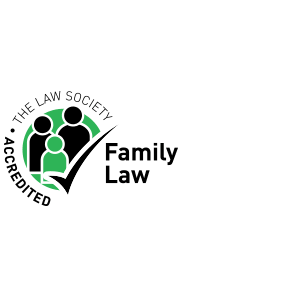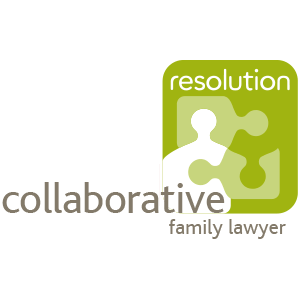- Hounslow 020 8814 7599
- Slough 01753 303 631
- Twickenham 020 8814 9989
Mediation Solicitors
Here at Lovell Chohan Solicitors, we have ADRg accredited and Law Society accredited mediators, specialising in family, civil, commercial and work place mediation. In addition we provide work placement mediation for both large and small Companies/employers helping resolve many of their work place disputes and avoiding costly and lengthy Employment Tribunal proceedings. We are able to assist both large and small in house HR departments.
We have state of the art in-house conferencing facilities and mediation rooms.
Mediation is a form of Alternative Dispute Resolution
Mediation is a form of dispute resolution. It is a voluntary process and the mediator cannot impose an agreement. Any settlement reached will, therefore, be by the consent of the parties. This element of control is lost when the dispute is bought before a court, as ultimately, any decision reached will be determined by the Judge, in the absence of agreement by the parties. Accordingly, mediation is a popular means of the parties ensuring that they reach a settlement which is acceptable and tailor made to the needs of those in dispute.
Mediation is a confidential process with the mediator acting as an impartial and independent person who attempts to facilitate negotiations between the parties and assist them to achieve a settlement. Mediation is a non-determinative form of dispute resolution, meaning that the mediator cannot impose a settlement on the parties in the way that an arbitrator or a Judge can. If the parties agree a settlement during the process, this agreement is binding in honour only, unless and until the mediator drafts a Consent Order, setting out the terms of the agreement. Once this Consent Order has been approved by the Court, it becomes a binding contract.
The family mediation process is confidential
If agreement cannot be reached, the parties can take the matter to the Courts or tribunals to determine a settlement or resolution. The mediation process is, however, confidential, and nothing discussed or revealed during the process can be referred to in any subsequent court hearings.
Mediation can take place at any time during a dispute; before the issue of court proceedings, during court proceedings before a final hearing and even after court proceedings, if an appeal is pending.
Mediation is a cost effective method of resolving disputes and can be significantly cheaper than entering into litigation. It is also often much less stressful to clients and a better means of rebuilding relations between parties to a dispute.
Family Procedure Rules 2010
In many cases, parties are required to engage in some form of dispute resolution. Under the new Family Procedure Rules 2010, for example, parties must attempt mediation in matters concerning children and the financial aspects of a divorce. This requirement to engage in dispute resolution is also required under the Civil Procedure Rules for civil disputes.
In “relevant family proceedings”, which encompass proceedings in relation to children and financial remedies, parties are required to mediate before the issue of proceedings unless there are exceptional circumstances. If this requirement is not complied with, the court may refer the parties to mediation before proceedings continue.
Furthermore, where a party is publicly funded, a failure to engage in mediation may result in the Legal Services Commission refusing an application for funding for court proceedings. Where parties to a dispute are privately funding the action, an unreasonable refusal to engage in some form of alternative dispute resolution can result in the Judge penalising the refusing party in costs and ordering them to pay the other side’s costs. Accordingly, mediation is highly recommended before proceedings are issued.
Contact our mediation solicitors in West London
For friendly expert help navigating all of the legal issues involved in divorce and separation, please get in touch with our mediation lawyers in Hounslow, Slough or Twickenham or use the contact form on the right to get in touch.















